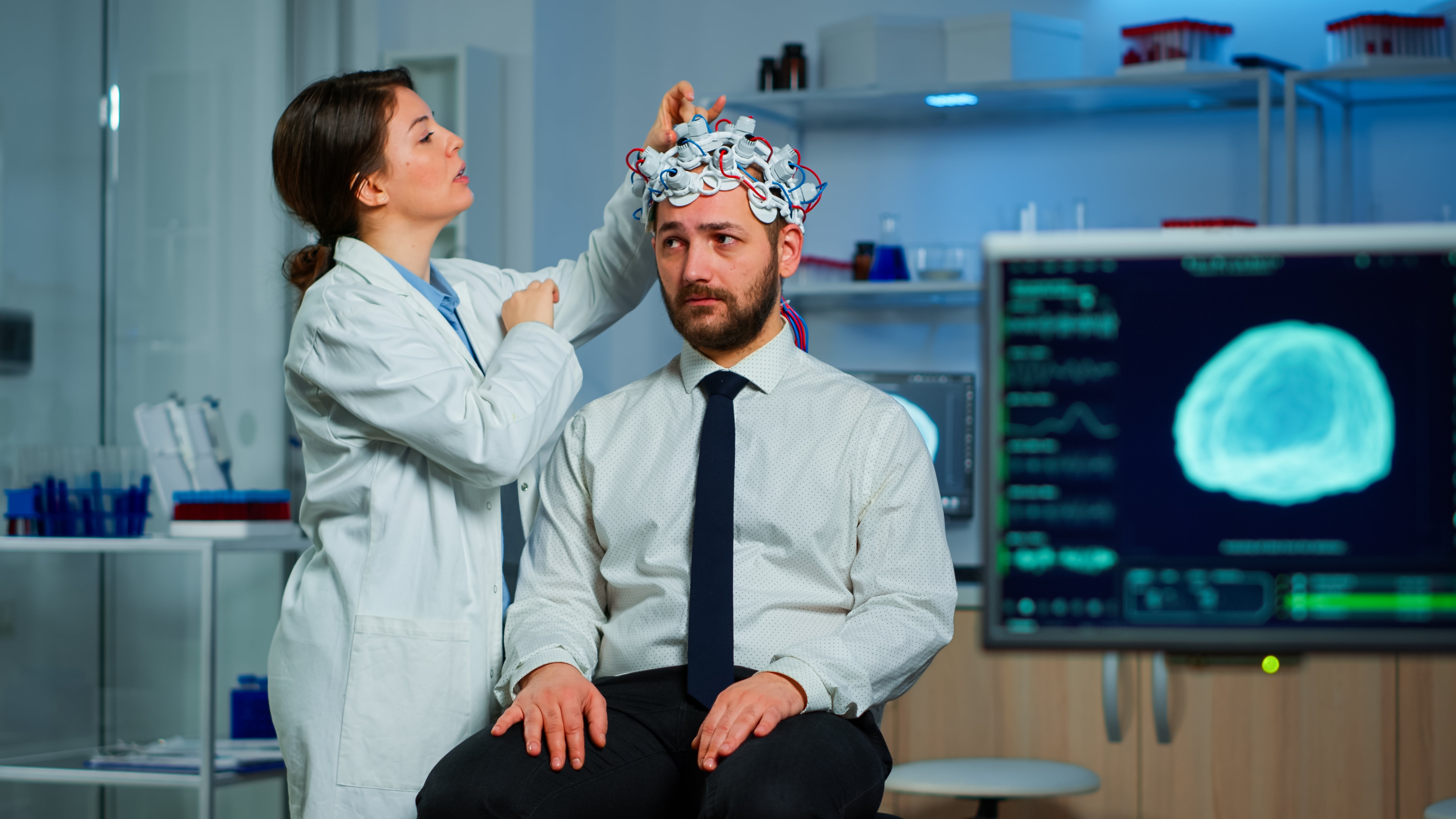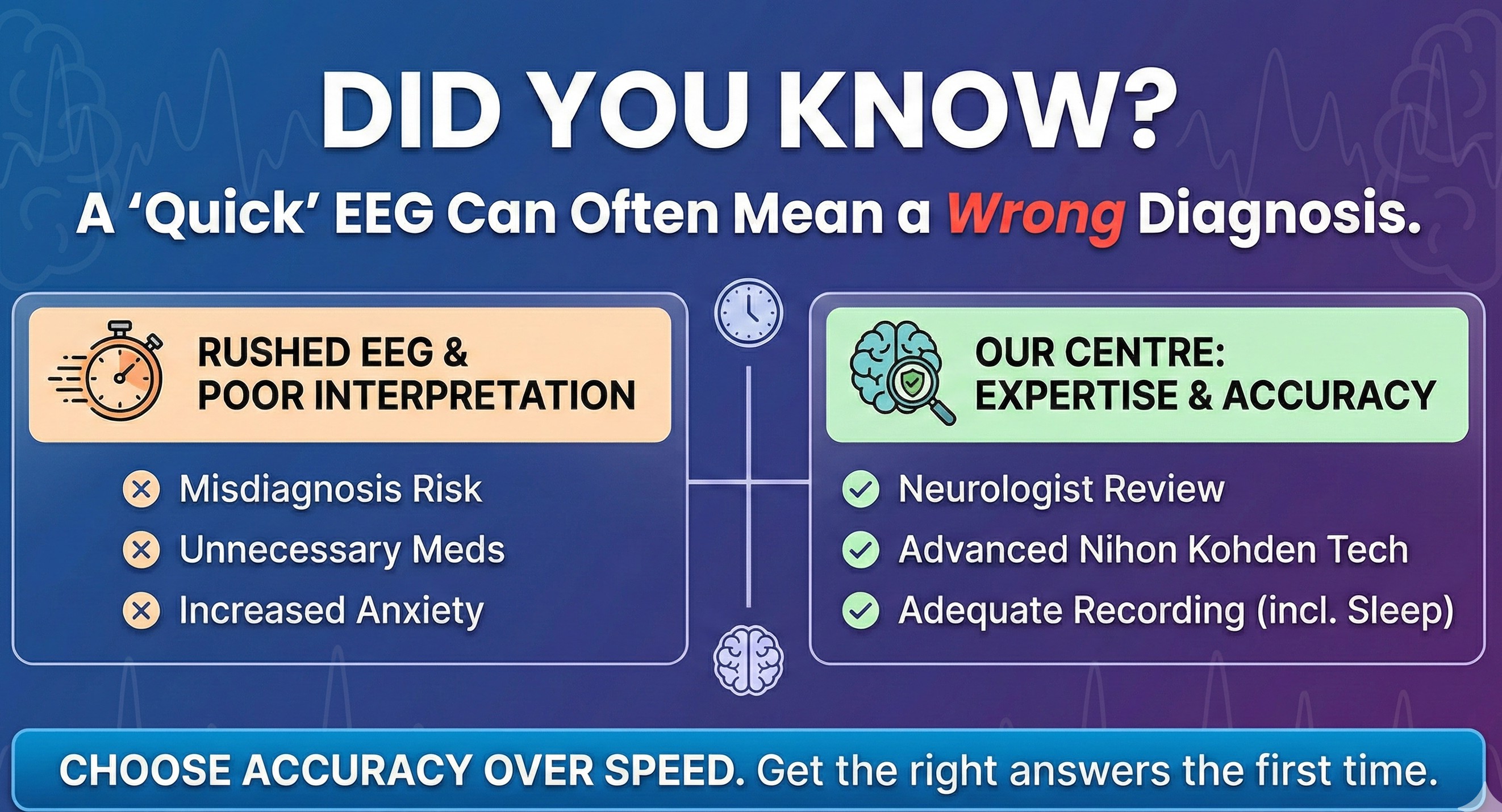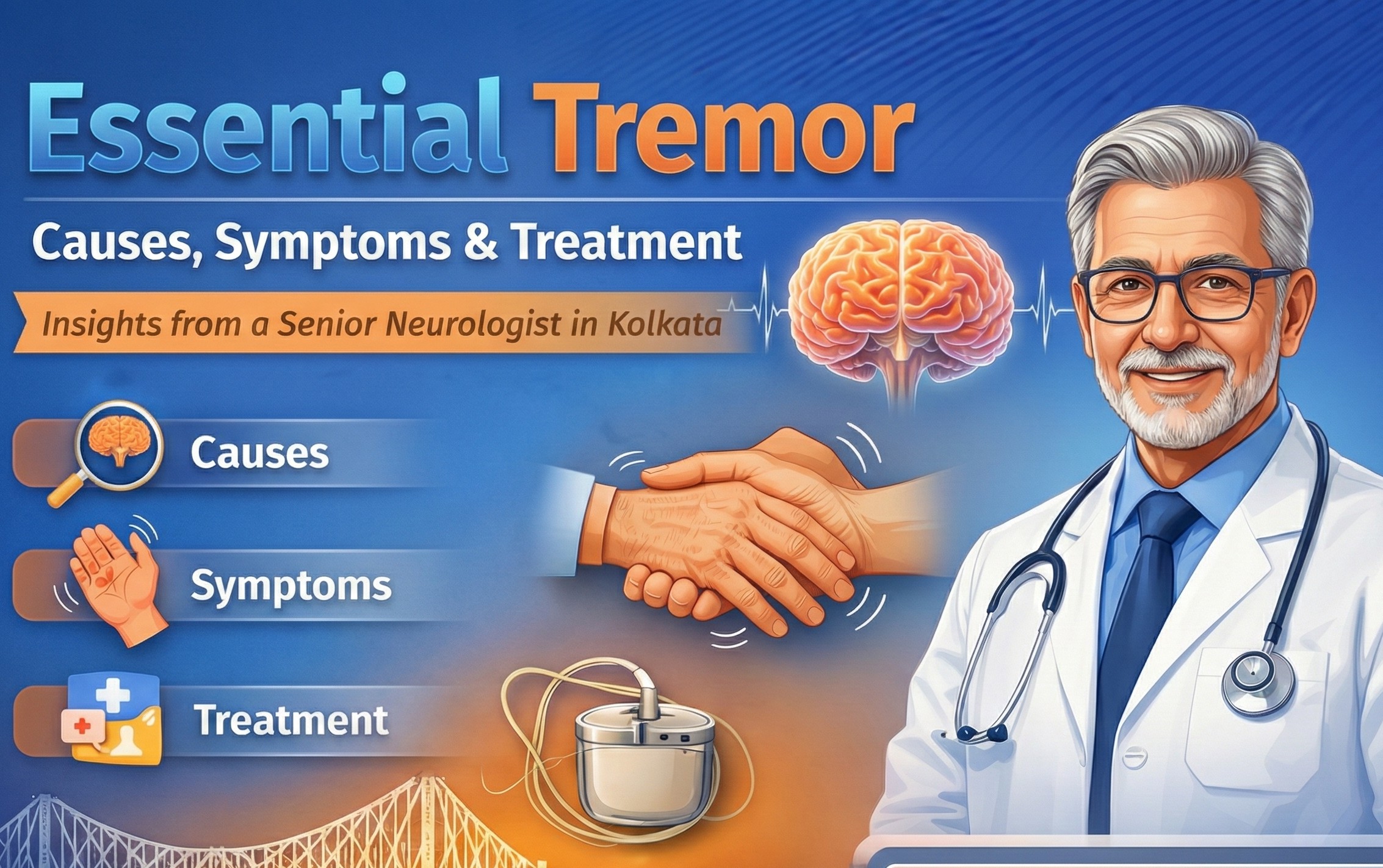Epilepsy: Insights from Dr. Haseeb Hassan, Senior Neurologist at Healthcare Scan Diagnostics
admin

Understanding Epilepsy: Breaking the Silence Around a Common Neurological Disorder
Epilepsy is one of the most common yet misunderstood neurological disorders, characterized by recurrent, unprovoked seizures caused by abnormal electrical activity in the brain. It affects millions of people globally, touching every age group and culture — yet myths and misconceptions still cloud public understanding, particularly in regions where epilepsy is wrongly associated with supernatural forces or seen as an incurable condition.
At Healthcare Scan Diagnostics, under the guidance of Dr. Haseeb Hassan, we aim to not only treat epilepsy with advanced techniques but also educate and dispel the stigma around it.
What is Epilepsy?
Epilepsy is not a single disease, but rather a group of neurological disorders involving spontaneous and repeated seizures. These seizures vary widely — from subtle sensory disturbances and brief lapses in awareness to dramatic convulsions. Seizures are typically sudden and episodic, with severity and frequency differing from person to person.
Why Does Epilepsy Occur?
Epilepsy can arise from a variety of causes, and while it can develop at any age, it is more commonly seen in children and older adults. The main causes include:
Genetic Influences: Some types of epilepsy are inherited and linked to specific genetic mutations that affect brain function.
Structural Abnormalities: Conditions like brain tumors, stroke-related damage, and congenital brain malformations can trigger epilepsy.
Infections and Metabolic Conditions: Brain infections such as meningitis or encephalitis, along with certain metabolic disorders, are known triggers.
Idiopathic Epilepsy: In many cases, no clear cause can be identified, which calls for ongoing research and a tailored treatment approach.
Types of Seizures
Understanding seizure types is crucial for proper diagnosis and treatment. The two broad categories are:
Focal Seizures: These originate from a specific part of the brain and may affect awareness, movement, or sensation depending on where they occur.
Generalized Seizures: These involve the entire brain and typically result in loss of consciousness and more dramatic physical symptoms.
How Is Epilepsy Diagnosed and Treated?
Diagnosis
A thorough evaluation is essential and typically involves:
Detailed medical history and symptom review
Neurological examination
Electroencephalogram (EEG) to assess brain activity
MRI or CT scans to identify structural abnormalities
Treatment Options
Dr. Haseeb Hassan and his team focus on personalized, multidisciplinary care:
Medications: Anti-seizure medications (ASMs) are the first line of defense. These are carefully selected based on the patient’s condition and response.
Surgical Intervention: For drug-resistant epilepsy, surgical options like resective surgery or hemispherectomy may be considered after extensive evaluation.
Neurostimulation Therapy: Devices such as Vagus Nerve Stimulation (VNS) or Responsive Neurostimulation (RNS) can offer relief when medications are insufficient.
Dietary Therapy: In specific cases, especially in children, ketogenic and modified diets have shown promising results in seizure control.
Living with Epilepsy
Managing epilepsy goes beyond just medical intervention. It requires:
Education and awareness to dispel stigma
Psychosocial support for patients and families
Lifestyle modifications to ensure safety and improve quality of life
Dr. Hassan emphasizes a holistic care model that addresses both clinical and emotional well-being, enabling individuals with epilepsy to lead fulfilling lives.
Conclusion
With deep expertise and a patient-first philosophy, Dr. Haseeb Hassan and the team at Healthcare Scan Diagnostics are committed to delivering state-of-the-art epilepsy care. Through advanced diagnostics, innovative treatment options, and comprehensive patient education, they continue to make meaningful progress in transforming lives affected by epilepsy.
For more information or to schedule a consultation, reach out to Dr. Haseeb Hassan and his team at Healthcare Scan Diagnostics. Together, let’s move toward a future where epilepsy is understood, managed, and no longer feared.



